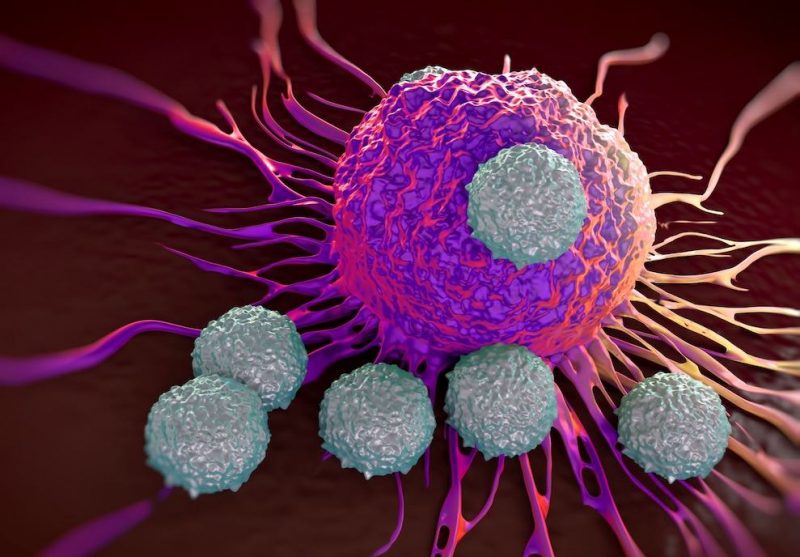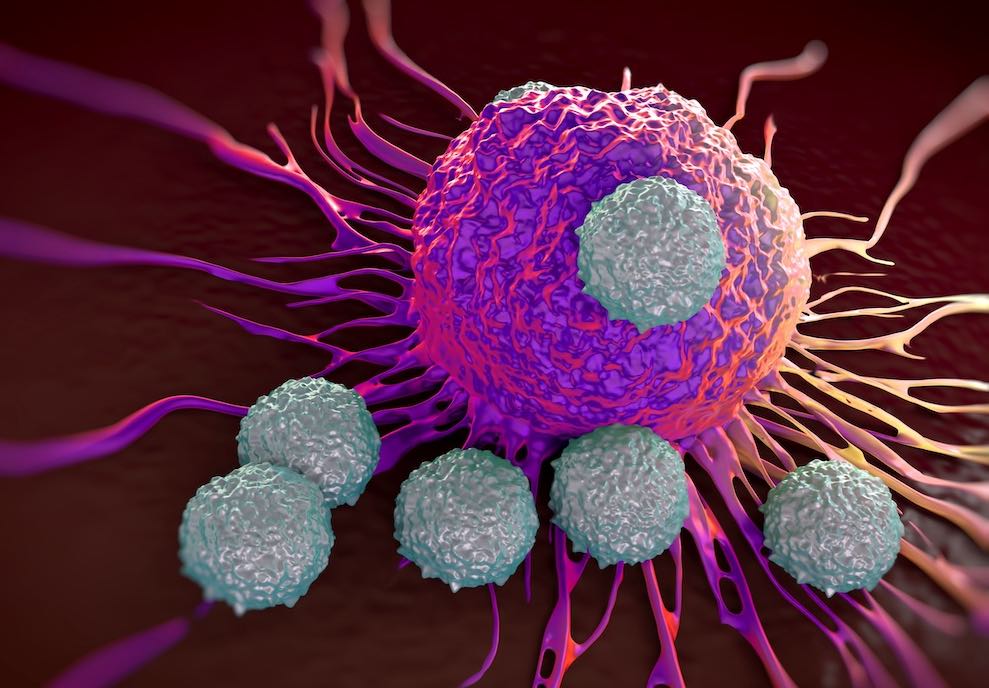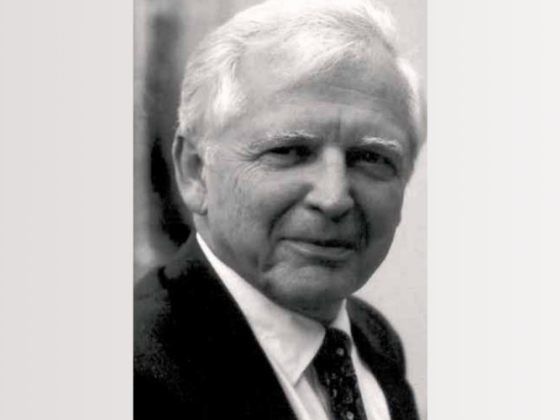No overall survival difference was found between patients with non-small cell lung cancer who stopped immune checkpoint inhibitors at two years and those continuing treatment indefinitely. The study, abstract 9101, presented at the ASCO 2023 Annual Meeting, held June 2–6, and published simultaneously online in JAMA Oncology, also showed that, after progression, patients treated with fixed duration immune checkpoint inhibitors (ICIs) can still benefit from ICI rechallenge.
“We hope this data provides reassurance that stopping treatment at two years is a valid treatment strategy that does not seem to compromise overall survival,” said lead author Lova Sun, from the Perelman School of Medicine at the University of Pennsylvania, Philadelphia.
While ICIs have transformed the management of patients with advanced non-small cell lung cancer (NSCLC), the optimal duration of use is unknown. Long-term follow-up of large randomised clinical trials have shown that durable response can be maintained after fixed duration ICI therapy. In five-year follow-up reports, the Keynote-010 study and Keynote-024 study respectively found 83% and 82% of patients were still alive three years after completing two years of the PD-1 blocker pembrolizumab, including 48% and 46%, respectively, without disease progression. However, the Checkmate 153 study found that patients who exhibited no evidence of disease progression randomised to one-year fixed-duration therapy with nivolumab had significantly shorter progression-free survival and an overall survival trend in the same direction compared to those treated with indefinite therapy.
“Given concerns about medical adverse effects and potentially burdensome financial costs associated with the indefinite continuation of ICI therapy, there is a pressing need to answer the question of whether continuing ICI beyond two years offers clinical benefit compared to stopping treatment,” wrote the authors in JAMA Oncology. Due to financial concerns, countries such as the UK, have limited ICI therapy to a maximum of two years regardless of disease status.
In the absence of definitive prospective data about the duration of therapy, which would take years to accumulate, the investigators decided to use real-world observational data to provide guidance.
For the retrospective cohort study, the team used the US Flatiron Health database to compare survival outcomes between long-term ICI responders whose therapy was discontinued at two years in the absence of death or progression (fixed-duration group) and those who continued treatment beyond two years (indefinite-duration group). The study cohort included patients with a new diagnosis of advanced or metastatic NSCLC who, between 2016 and 2021, received frontline ICI therapy (alone or in combination with radiotherapy).
Among 14,406 patients with advanced NSCLC who received frontline ICI-based therapy, the investigators excluded 13,315 patients who discontinued ICI therapy before 700 days. The remaining 1,039 patients who were still on treatment at 700 days and in follow-up at 760 days, were categorised into two groups: fixed duration (with a frontline treatment of 700–759 days; n=113) and indefinite duration (with at least 760 days on frontline treatment; n=593). Multiple Cox regression models were used to estimated adjusted HRs for overall survival.
Results showed a 79% overall survival rate for the fixed-duration group (95%CI, 66%–87%), and 81% overall survival rate for the indefinite-duration group (95%CI, 77%–85%).
No significant difference was seen in overall survival for patients in the fixed-duration or indefinite-duration groups in a univariate or multivariable analysis adjusting for covariates such as smoking, PD-L1 status, and histologic type. “These findings augment the literature by demonstrating that even after adjusting for these covariates, there was no overall survival benefit for indefinite-duration therapy,” wrote the authors.
The 11 patients in the fixed-duration cohort who subsequently experienced progression, and were rechallenged with ICI after at least 30 days without treatment, had a median progression free survival of 8.1 months after ICI rechallenge. “We demonstrate that patients treated with fixed-duration therapy may benefit from rechallenge with ICI even if progression occurs after ICI cessation,” wrote the authors.
In an accompanying Editor’s Note, Howard West, from City of Hope Comprehensive Cancer Center, Duarte, California, commented that the finding that more than four of five patients who reached this landmark continued to receive immunotherapy rather than discontinuing it, reflects “a strong bias toward potential overtreatment vs possible undertreatment”.
While there are clear limitations in retrospective clinical data, he added, prospective randomised clinical trial studies take years to complete. “In the meantime, the perfect should not be the enemy of the good: these data may provide reassurance to us and patients that discontinuing treatment at two years can confer the same OS [overall survival] as extended treatment with lower risk of toxic effects, less time in treatment for patients, and considerably lower costs for our health care system,” wrote West.












